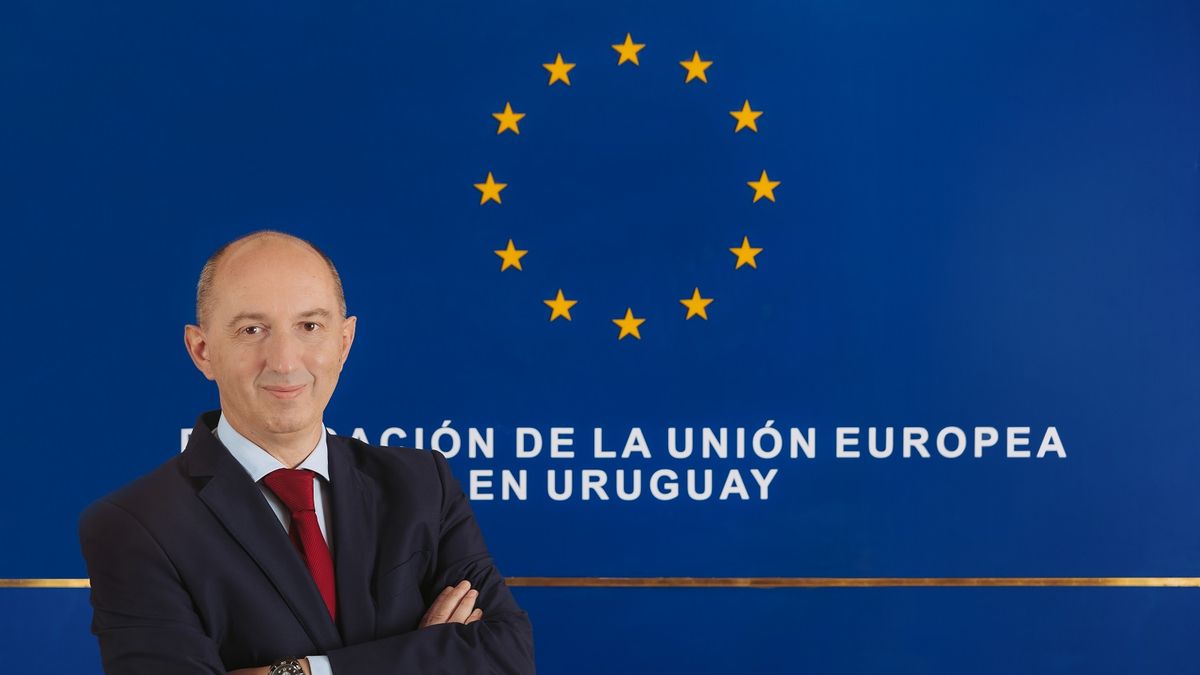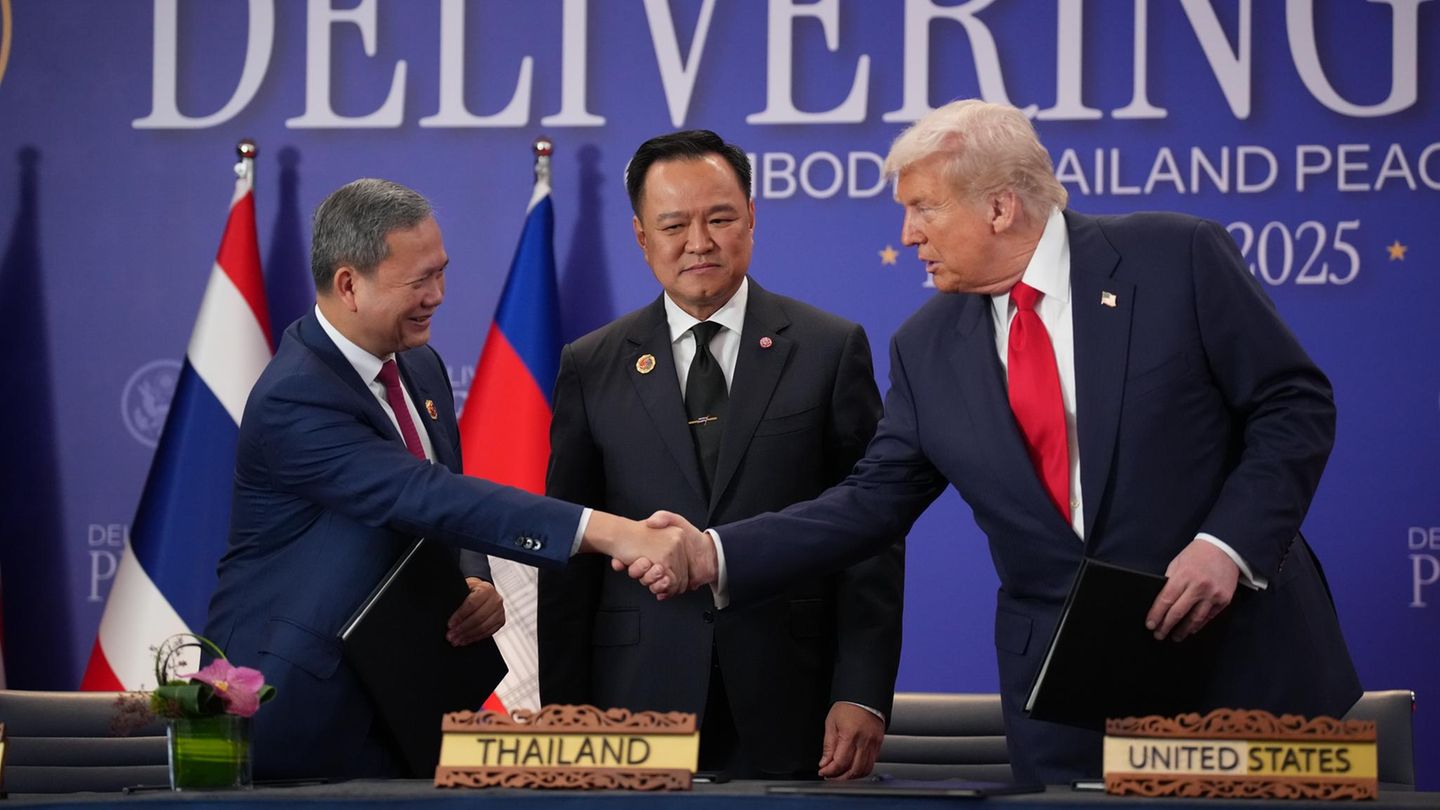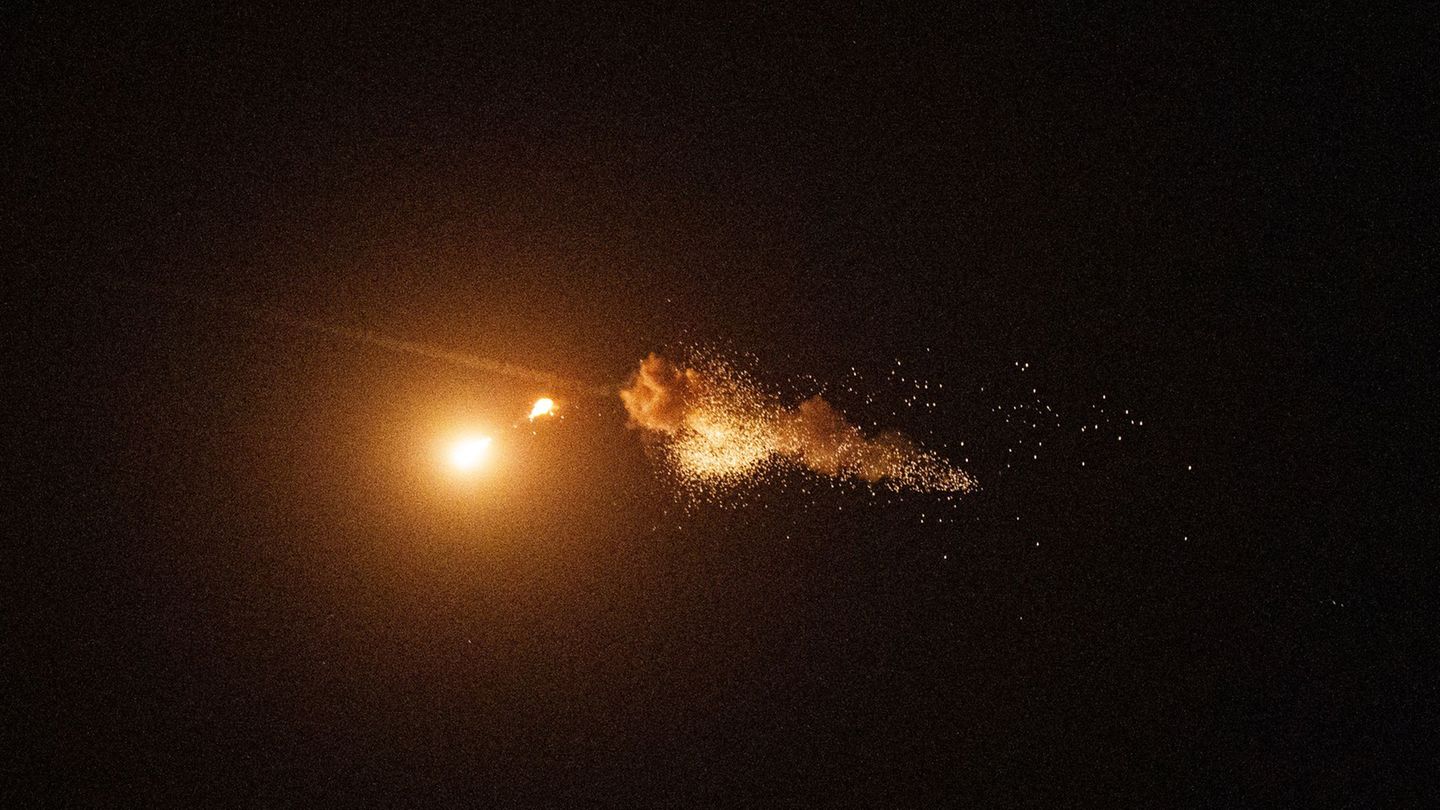The ambassador of the European Union (EU) in it Uruguay, Paolo Berizzi, He highlighted the keys that facilitate the strategic partnership between both actors, which has been growing in recent years.
In dialogue with Ambitconsidered it a mistake that the agreement between the Mercosur and the European bloc given the geopolitical context and explained why European companies choose the country for their multi-million dollar investments.
What are the virtues that the European Union highlights in Uruguay for having the strategic partnership it supports?
Europe and Uruguay have many things in common: shared values, simply by having the same origins, the same blood. And that makes it much easier for us to understand each other on major global issues. This can be seen in how the European Union and Uruguay vote, for example, on United Nations resolutions on the multilateralismeverything that is the rule of law, human rights, democracy. And we cannot say that Uruguay is aligned with the European Union, because perhaps it is the European Union that is aligned with Uruguay. We simply share the same values and that is an essential foundation for any type of association that later entails consequences of another nature, for example, of trade.
You have highlighted the progress made in terms of sustainability in Uruguay and how this should become a model for other countries in the region.
The picture is quite easy. The European Union is the third destination, third trade partner of Uruguay, after Brazil and ChinaBut if we look at investments, we are by far the first, because we are at 40% of all direct investments in the country. What do these investments mean? They mean development, jobs, technology for Uruguay, because if we look at what is imported from Europe, we see a lot of machinery, a lot of technology, which serves for the further development of the country. There is also a great deal of cooperation on cybersecurity issues, on issues of artificial intelligence.
Are you specifically referring to the fact that a regulatory model similar to that proposed by the European Union is being debated?
Exactly. Two months ago, the European Union adopted binding regulations on artificial intelligence that establish a balance between the great opportunities and the risks that may arise from it. We see a great interest in Uruguay in learning more about this model, to see how to transfer this experience to the Uruguayan context.
Uruguay is asking for a lot of cooperation. It doesn’t want to know so much the diagnosis of how things are, but rather how we achieve certain policies. It wants us to help it achieve results.
Do you think that, unlike other countries in the region, economic policy debates in Uruguay are more similar to those in consolidated economies?
Indeed. I was ambassador for four years. Paraguay and the debate was of a different style. Here I would say that it is quite easy to deal with issues such as sustainabilitybecause we see a country convinced of this. It is a country that seeks markets throughout the world for its own merchandise, that produces an enormously larger quantity than it can consume. And it knows that most world markets, or at least the most interesting ones, demand product sustainability. In general, we encourage Uruguay to do as we did in Europe, to link all state policy to respect for the environment and the fight against climate change.
In that case, do you consider institutional continuity in State policies an asset?
One tends to think that the country’s main asset may be meat, cellulose, soybeans. But in reality I believe that Uruguay’s main asset is its international reputation. And that is why it is essential that it continues doing what it is doing, that is, consolidating its international reputation, because in the end this is what attracts investors, especially good investors. An investor normally asks us not whether Uruguay is better or worse than five years ago, but whether it gives them greater guarantees to invest here than in the neighboring country or in other countries in the region. And that is why it continues to attract investments, because of its stability. The energy matrix, with 98% of renewable energy and the development of the green hydrogen are particularly interesting for European companies.
You mentioned Uruguay’s willingness to always seek global markets. One issue in this field has to do with the delayed agreement between Mercosur and the European Union. Are you still optimistic that this agreement will be reached?
Of course I remain optimistic. I think that at some point everyone will realise that reaching an agreement between Europe and Mercosur is better than not doing so. Agreements can always be improved, but I am optimistic. The negotiations, in 25 years, had many stops, there were years when, due to the will of one or the other, everything came to a standstill.
But we are very close, we are really in the final stretch, but it is not a race, it is not a marathon in which the last 100 meters are the same as the first 42 kilometers. In other words, the last 100 meters of negotiation, especially on the commercial side, are the most difficult because they are the issues that could not be resolved before.
I am optimistic because any other option at this geopolitical moment is worse. These two regions are among the most similar in the world in terms of traditions and values. And it makes perfect sense also from the point of view of complementarity of assets. It would be a perfect union.
Source: Ambito




